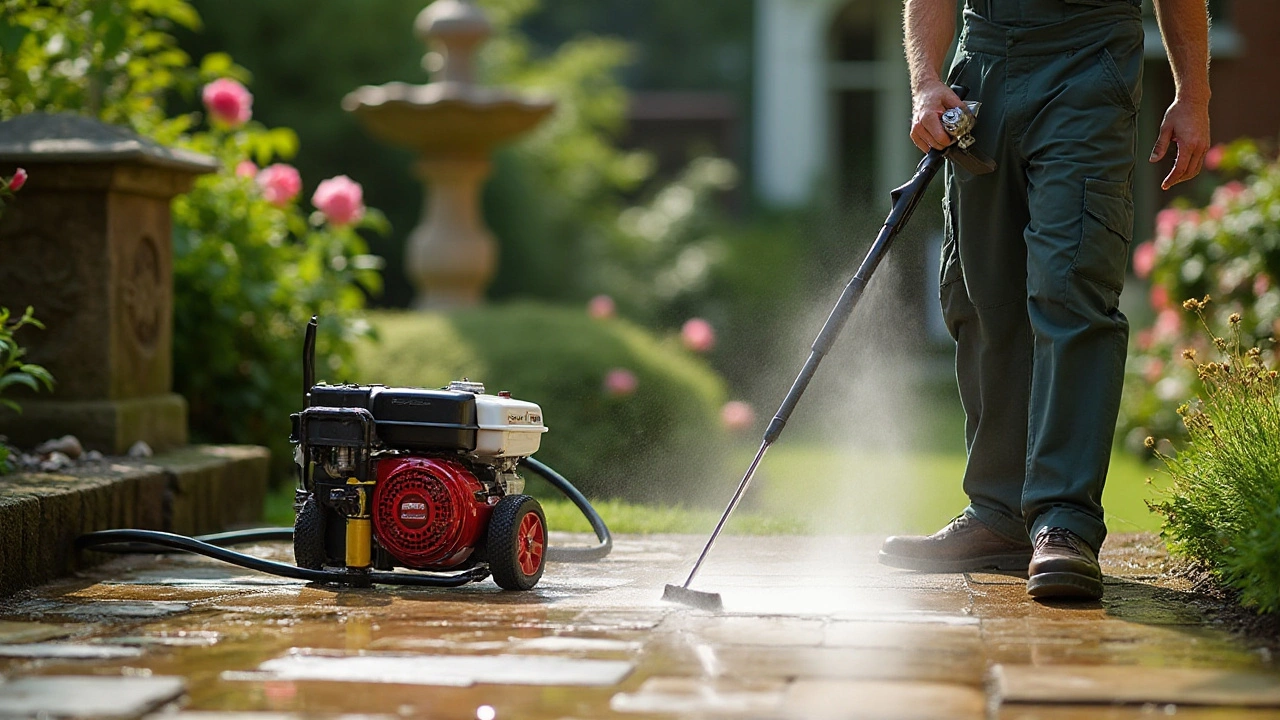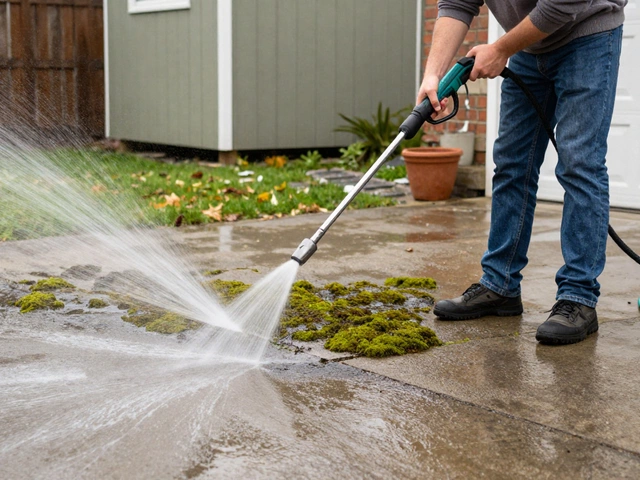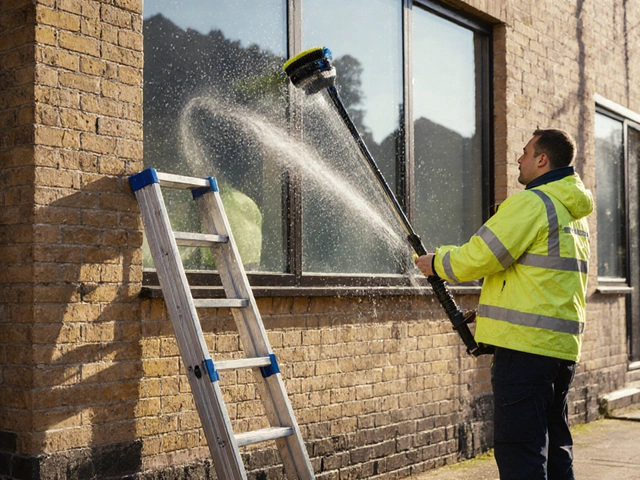Industrial Pressure Washers
When dealing with industrial pressure washers, heavy‑duty machines designed to blast water at pressures above 2,000 psi for commercial and industrial cleaning tasks. Also known as high‑pressure cleaners, they handle large surfaces, stubborn grime, and oil‑filled equipment. For owners of a pressure washing business, these machines are the backbone of service offers, while selecting the right pressure washing equipment, such as pumps, nozzles, and hose reels, ensures durability and efficiency. Many firms in commercial cleaning, large‑scale hygiene projects across factories, warehouses and vehicle fleets rely on industrial pressure washers, making them a key tool for high‑pressure cleaning.
Industrial pressure washers encompass high‑pressure cleaning for a variety of surfaces – from concrete driveways to metal machinery. They require robust equipment that can sustain continuous operation at extreme pressures without overheating. In turn, pressure washing businesses benefit from industrial pressure washers by expanding service scopes and increasing job profitability. The link between equipment choice and profit margins is clear: a well‑matched washer reduces water consumption, cuts labor time, and boosts customer satisfaction.
Why Choose Industrial Pressure Washers?
First, the cleaning power is unmatched. A 3,000 psi unit can strip oil, paint, and mineral deposits in minutes, something a household sprayer struggles with. Second, durability matters – industrial models often feature stainless‑steel pump housings and insulated casings, meaning they survive harsh environments and long workdays. Third, safety features like pressure regulators and trigger locks protect operators and prevent surface damage. Finally, eco‑friendly options are emerging; low‑volume nozzles deliver the same force with less water, saving on utility bills and meeting tightening environmental regulations.
If you’re launching a pressure washing business, the initial equipment cost is a major decision. A typical entry‑level industrial washer ranges from £2,500 to £7,000, depending on horsepower, PSI rating, and accessories. Include extras like foam cannons, surface cleaners, and water reclamation units in your budget – they raise the perceived value of each job and can justify higher rates. A solid equipment plan also eases the quoting process, as you can calculate water usage, energy consumption, and labor hours with better accuracy.
Creating accurate quotes is another crucial skill. Break down each job into measurable components: surface area, soil level, access difficulty, and required detergents. Multiply by your hourly cost (including equipment depreciation) and add a margin for profit. Using a spreadsheet template helps keep estimates consistent and professional. Clients appreciate clear line items, and you’ll avoid under‑pricing jobs that seem simple but hide hidden challenges.
Profitability in the pressure washing sector is often higher than expected. A UK‑based operator who runs three 3,000 psi units can generate £150,000 in revenue annually with an average profit margin of 35 %. The key drivers are repeat contracts (e.g., weekly warehouse cleaning) and upselling additional services like graffiti removal or anti‑slip coating. By positioning industrial pressure washers as the core of a comprehensive cleaning package, you create recurring income streams that smooth out seasonal fluctuations.
Maintenance should never be an afterthought. Regularly check pump seals, replace worn O‑rings, and flush the system with clean water after each job to prevent mineral buildup. A well‑maintained washer not only lasts longer but also performs at peak efficiency, reducing both water and energy costs. Many service providers schedule quarterly inspections and keep detailed logbooks, a practice that also helps with warranty claims.
Safety training is non‑negotiable. Operators must wear protective eyewear, waterproof gloves, and boots with non‑slip soles. They should also be taught to test pressure settings on a small, inconspicuous area before full‑scale cleaning. A brief safety checklist before each job can prevent accidents and protect both staff and clients.
Below you’ll find a hand‑picked collection of articles that dive deeper into each of these topics – from DIY profit calculators and equipment buying guides to step‑by‑step quoting templates. Whether you’re just starting out or looking to upgrade your fleet, the posts under this tag will give you the practical insights you need to make informed decisions and grow your business.





